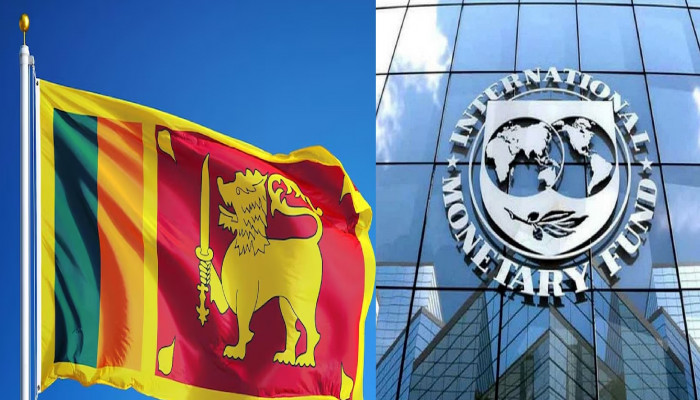Sri Lanka's new government reverses key economic reforms for IMF bailout package
- In Reports
- 03:51 PM, Nov 05, 2024
- Myind Staff
On Tuesday, Sri Lanka's new National People's Power (NPP) government declared the first reversal of a crucial component of the ongoing IMF bailout program pertaining to the state-owned businesses that were causing loss.
Significant changes were made to the state power organisation Ceylon Electricity Board (CEB) as a result of the government's reversal of the Electricity Act, which was approved in June of this year under the administration of former President Ranil Wickremesinghe. The bill was then opposed by the Marxist NPP trade unions.
The leader of the CEB trade union, who spearheaded the agitation, is running for the NPP in the November 14 parliamentary election. In a statement released on Monday, the CEB promised to amend the CEB Reforms Act of 2024 and announced that the organisation would abandon its privatisation program. It stated that state-owned power plants, transmission systems, and distribution networks would not be privatised.
The CEB Reforms Act of 2024 allows private companies to compete in generating electricity. This change is intended to reduce the financial strain on the government and aims to increase the use of renewable energy to 70% by the year 2030. The CEB reforms were part of Sri Lanka's promise to the IMF when securing a nearly USD 3 billion bailout in 2023. These reforms focus on reducing financial losses to the treasury. The IMF has been postponing its third review until after the elections in Sri Lanka.
The fourth payment of the facility will only be made after the third review is completed. Anura Kumara Dissanayake, the leader of the NPP, recently won the presidential election with only 42% of the votes. His government argues that the privatisation of the CEB goes against the wishes of the new president. This is the second time the NPP government has reversed a reform policy, the first being the decision not to privatise Sri Lankan Airlines.







Comments